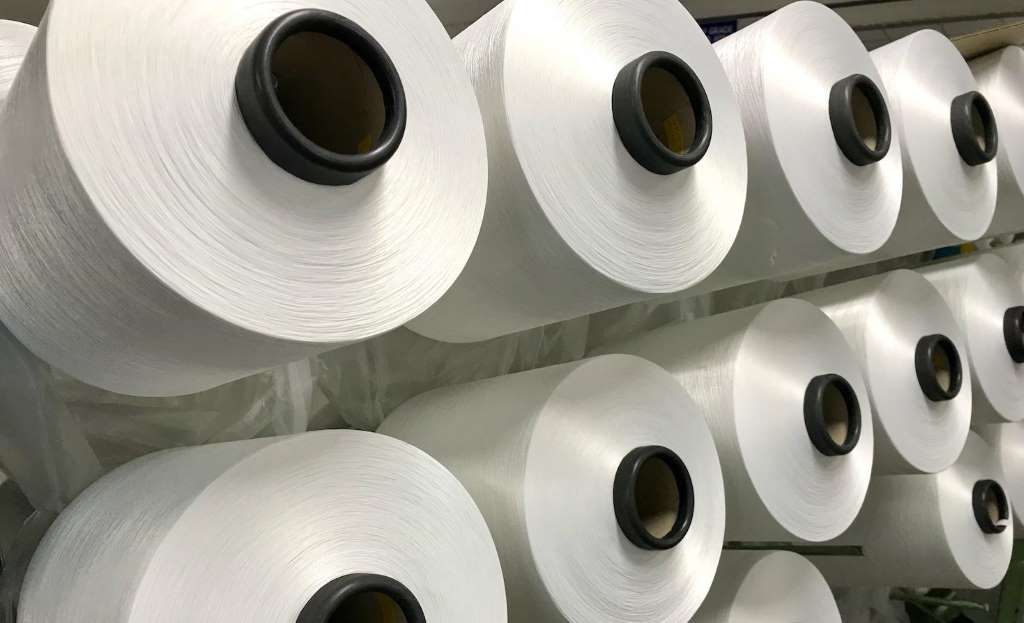Millennials and Gen Z are becoming aware of the massive ecological damage that fast fashion is having on the planet. It’s no secret that fast fashion has been responsible for a catastrophic level of environmental pollution. Overt use of raw materials, water pollution and greenhouse gas emissions are only part of the story. This circular buy, wear and toss behavior is impacting landfills and becoming a major carbon contributor. Fast fashion has also played a very dark role in contributing to black market trafficking of forced labor.
There is evidence the seemingly unstoppable growth of fast fashion giants H&M and Zara may be slowing, or at least changing. H&M plans to close 160 stores. The fashion giant was hit hard in mid-2018, after accumulating huge unsold inventory, forcing significant discounting to clear out the goods. The effect of this resulted in unexpected reductions in profits for the sixth straight quarter.
Contrary to the forces behind fast fashion, there is evidence of movement by consumers of all ages and demographics towards buying fewer but higher-quality basics that can be mixed, matched and re-worn, even with the addition of some great vintage accessories. Significant changes are underway—away from what’s trending and toward what’s stylish.
Consumers turn away from fast fashion
- 1
- 2
- 3
- 4
- 5
- 6
- 7
- 8
- 9
- 10
H&M's shift from recycled bottle polyester and what it means for circular fa…
In a significant move Swedish fashion giant H&M has recently moved away from recycled polyester derived from plastic bottles and... Read more
China's apparel and textile industry defies expectations with Q1 growth boom
China's economic performance in the first quarter of 2024 surprised many exceeding expectations with a 5.3 per cent GDP growth.... Read more
US trade bodies fight against proposed higher tariffs on garments
The US International Trade Commission (USITC) is considering raising tariffs on apparel imports from Bangladesh, India, Indonesia, Cambodia, and Pakistan.... Read more
CMAI FAB Show 2024 wraps up successfully, boosting textile industry
The Fabrics, Accessories & Beyond Show 2024 (FAB Show 2024), organized by the Clothing Manufacturers Association of India (CMAI), concluded... Read more
US retail sales on the rise, but fashion sector growth murky
American consumers are opening their wallets again, with retail sales experiencing a modest uptick in recent months. According to the... Read more
The Fast Fashion Conundrum: Profits soaring, sustainability stalling
The story of Shein's soaring profits in 2023 presents a fascinating paradox. While a growing number of consumers, particularly millennials... Read more
Wall Street and the Seduction of Sexy Calvin Klein Ads: Hype or performance boos…
The recent Calvin Klein campaign featuring Jeremy Allen White in his skivvies has set the fashion world abuzz. But can... Read more
Looming Iran-Israel conflict threatens to unravel global apparel trade
The already fragile global garment industry faces fresh challenges as tensions escalate between Iran and Israel. This adds another layer... Read more
Fabric Stock Services: A rising trend but not a replacement
The fashion industry is notorious for waste. Unsold garments and excess fabric often end up in landfills. Fabric stock services... Read more
CMAI’s FAB Show 2024 inaugurated with industry giants
The 4th edition of the Fabrics Accessories & Beyond Show 2024 (FAB Show), hosted by the Clothing Manufacturers Association of... Read more












